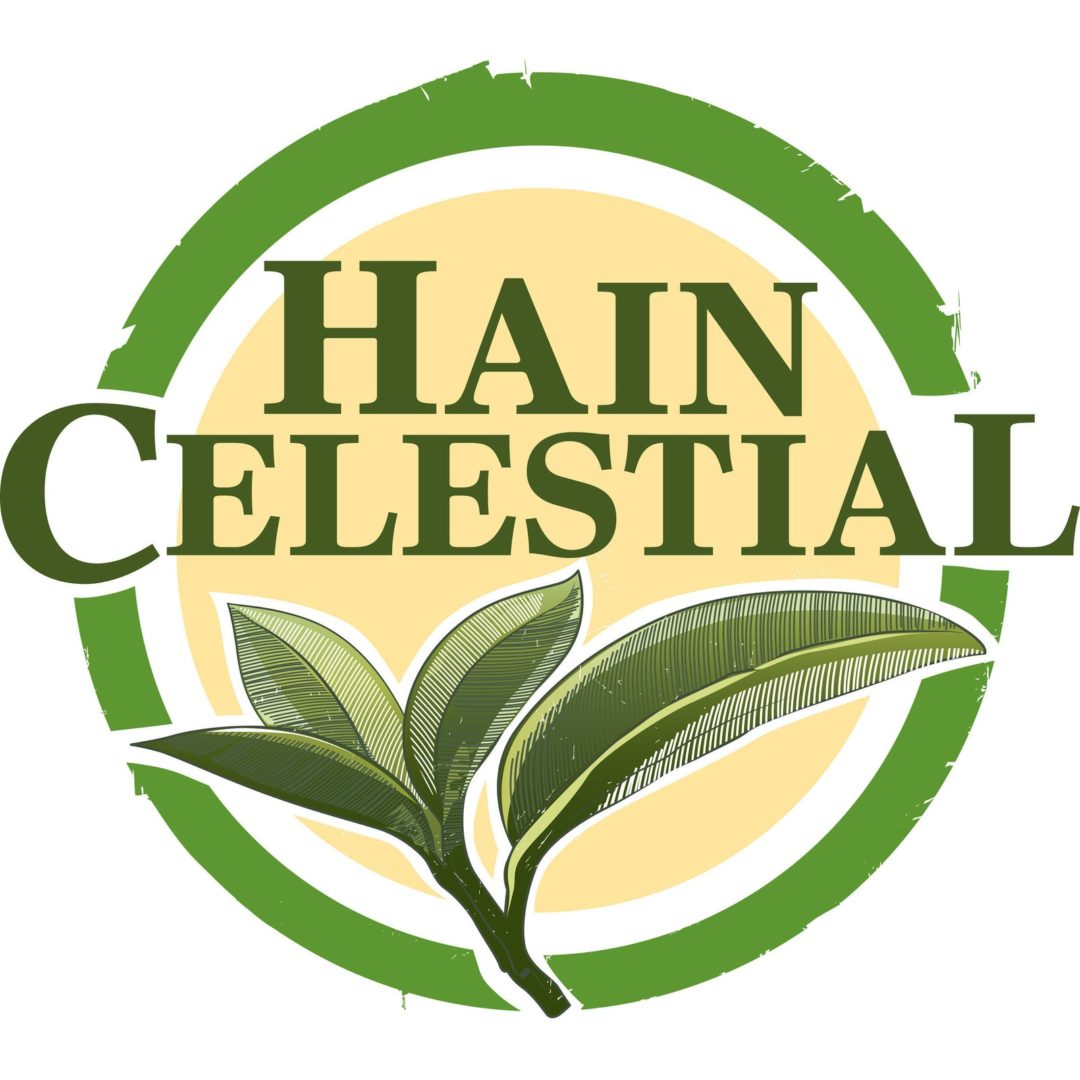According to the earnings report:
- Net sales increased 5% to $775.2 gross margin of 20.2%
- Operating income of $36.3 million; Adjusted operating income of $62.1 million
- Earnings per Diluted Share ("EPS") of $0.45; Adjusted EPS increased 28% to $0.41
- Net sales for Hain Celestial United States decreased 3% over the prior year period to $270.3 million; net sales adjusted for acquisitions, divestitures and certain other items decreased 5%.
E-commerce will be a big part of the company's future growth, Simon said. Hain hired Julie Bowerman as Senior Vice President, Digital Engagement and eCommerce in October. She came with more than 20 years' experience with The Coca-Cola Company in various marketing, commercial and digital roles. At that time, Gary Tickle, Chief Executive Officer of Hain, said: "E-Commerce and digital engagement of our consumers are critical elements of our growth strategy, as our consumer base increasingly engages with brands and buys natural, organic and better-for-you products online."
Today's natural products' share is three times greater online than at brick and mortar stores, and IRI and Nielsen estimate that the internet will be a top three sales channel for consumer product companies by 2025. "There's a saying in hockey - you have to go where the puck is. Any retailer not moving to online and click and pick is going to fail. That's where our consumers are going," Simon said.
Hain also announced its exploration into a strategic divestiture for the Hain Pure Protein business. While the fresh, organic and antibiotic-free protein category remains strong, with 2QFY18 net sales up 15% for Plainville Farms,17% for FreeBird and 7% for Empire Kosher brands as compared to the prior year period, Simon said it was an attractive business with good growth potential, but not key to its go-forward strategy.
Hain will instead concentrate on its top 10 brands, six of which generated an increase in sales for the U.S.. They include Celestial Seasonings, Earth's Best Organic, Alba Botanica, MaraNatha, Terra Chips and Garden of Eatin.' The company will also continue to grow globally, deliver on Project Terra cost savings, and enhance the leadership team to deliver a strategic plan.
There has been much speculation about Hain in the last six months. In January, wereportedthat Hain could not find a buyer because it had expanded to include too many brands, according to a report inThe Wall Street Journal.
In November, wereportedthat PepsiCo was the latest food and beverage company to emerge as a logical acquirer of Hain Celestial. The company had also been linked with Nestle, Kraft Heinz, Pinnacle Foods and General Mills.
Activist investor Engaged Capital expressed its intentions to push for a sale after buying a large stake in the global organic and natural products company. In late September, Hain agreed to bring Engaged founder Glenn Welling onto its board and theWall Street Journalreported a group of directors would be formed to examine strategic alternatives.
In its heyday, Hain stock traded as high as $70. In mid-2016 the company’s value dropped by about 30% when it announced it would have to delay earnings due to improper revenue recognition.
In the last two quarters, Hain has shown signs ofturning around, although its shares took a hit after the Amazon acquisition of Whole Foods Market closed. Hain told analysts it anticipates sales growth of 4% – 6% in 2018.
For related stories see
Hain Celestial Acquires Clarks UK Sweetener Brand
Hain's Announces Financial Results and Expands on Strategic Plan










